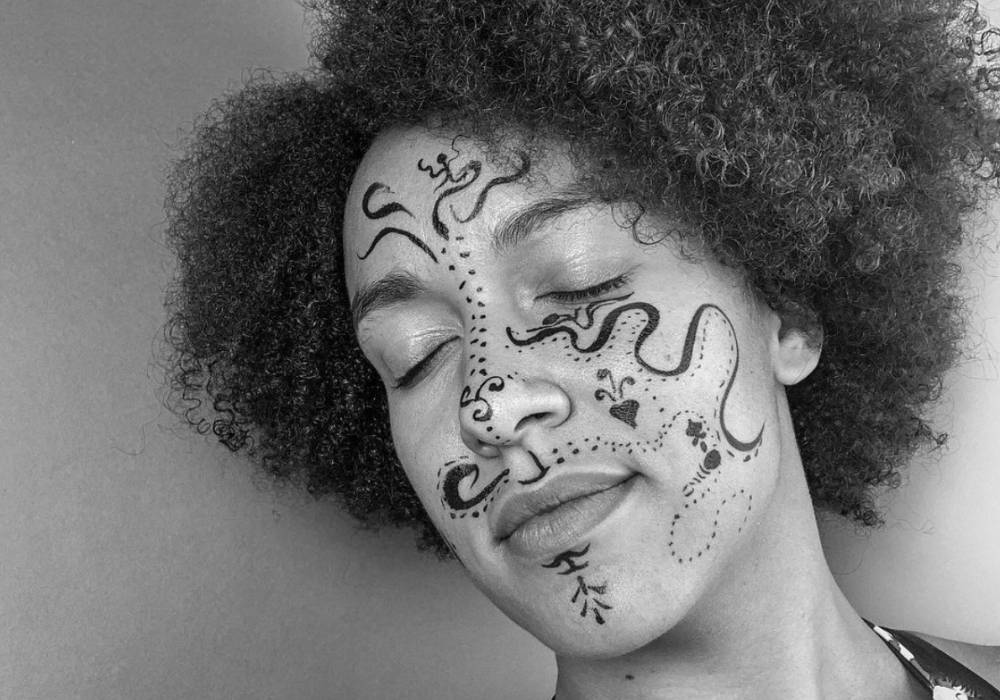Award category:
I’m a relentless advocate for the notion that happiness and disability are not mutually exclusive. The idea of disabled joy; joy stemming from disability not in spite of it, guides everything I do. My career has been a slow mingling of intersectional advocacy, entrepreneurship, teaching and the performing arts. I’m now lucky enough to get to use all of it to empower disabled people like myself to build lives they love using my social enterprise Well Adapt, performances and speaker work.
Growing up, my mum often repeated the platitude “There’s always a way” which has stood me in good stead for disability advocacy. She didn’t mean that anything is possible, but rather if you’re committed to keep searching for solutions, you can usually make things happen. This approach has seeped into every facet of my work and life, from the inception of Well Adapt to everyday problem-solving with health challenges.
In the last 12-18 months, Well Adapt has grown to support hundreds of users. Well Adapt is an online platform that transforms the chronic illness journey, empowering chronically ill people with mentorship, community, and courses to become active managers and experts in their own wellbeing. The platform has been recognised with the Innovate UK Young Innovators Award and the Plan for Peace ChangeMakers Award.
My efforts to promote disabled joy and support within the community have reached tens of thousands through various media, including interviews on ITV News, articles in the Evening Standard, and talks from LSE to Oxford Brookes. I was lucky enough to be part of a UK-wide government campaign to encourage people to get vaccinated, something particularly close to my heart as an immune-suppressed person.
Initially, my motivation was personal fulfilment – systematising my life to foster a sense of purpose and authenticity. Now, it’s evolved into a commitment to serve my community. When I centre my work listening to the needs of the disabled community, everything seems to fall into place.
If I could leave people with any message from my life and word it’s this: happiness and disability are not mutually exclusive; disabled joy exists.

Disability Power 100 profile information is self-submitted by the profile subject. Shaw Trust understands and respects that disability and impairment descriptors and language use varies from person to person. Shaw Trust assumes no responsibility or liability for any errors or discrepancies in the content of this, or any other, profile page.